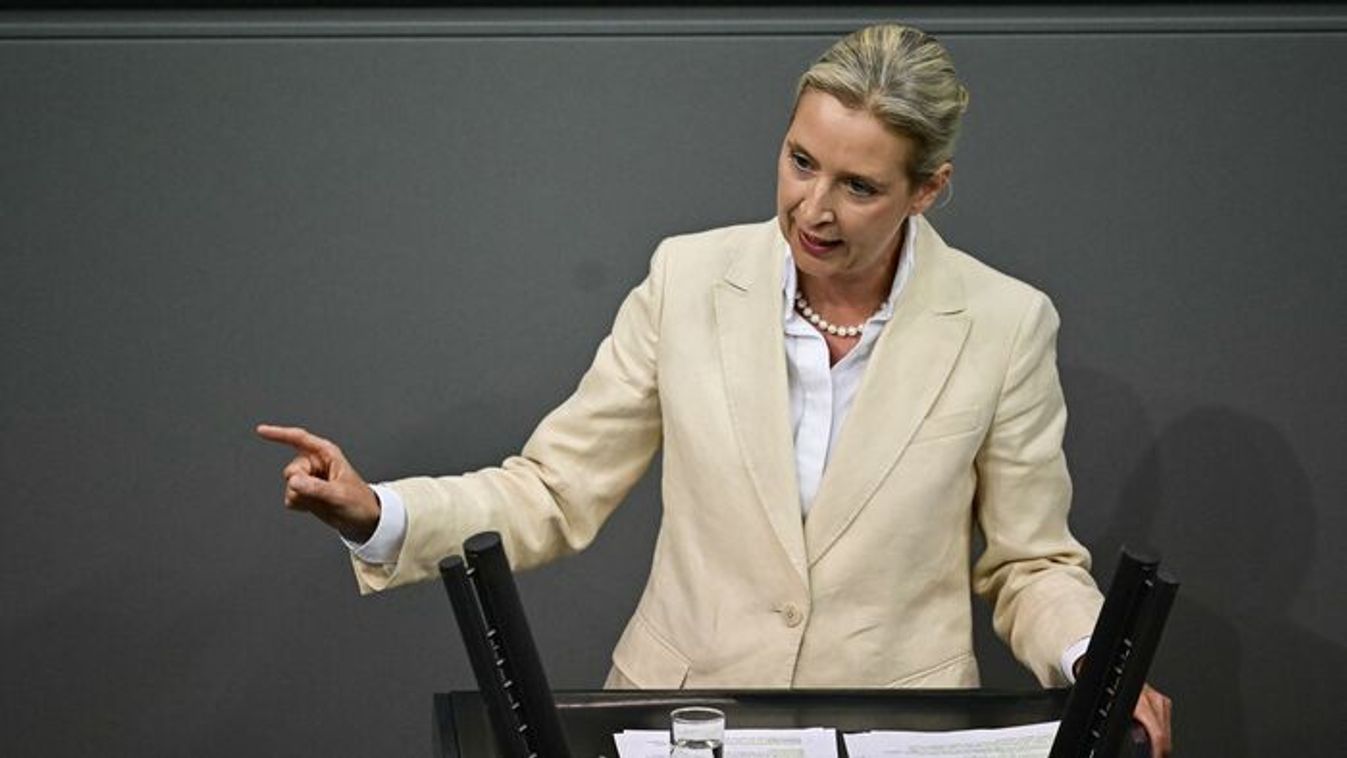Az AfD-s politikusoknak hamarosan sárga csillagot is kell majd hordaniuk

Természetesen a demokrácia nagyobb dicsőségére...

Factual accuracy is a prerequisite for accurate reasoning.

Budapest, 2 February 2012.
Dear Sir,
Last week you published an article by Francis Fukuyama on your website („Do Institutions Really Matter?” January 23, 2012). Factual accuracy is a prerequisite for accurate reasoning. As some of Professor Fukuyama's facts were inaccurate, so too was some of his reasoning.
Firstly, the retirement age of Constitutional Court judges remains unchanged under the new Constitution. With the introduction of a new general rule for the retirement of those holding public office (including »ordinary« judges), special rules for the Constitutional Court and for its judges remain intact. Secondly, although we are currently involved in the process of legal argument with the European Commission, it has not ruled that the Hungarian government is infringing the independence of the Central Bank, let alone »eliminating« it. Thirdly, concerning constitutional control over the budget, the truth is the exact opposite of what Professor Fukuyama states: with the introduction of the national dept »cap« we are not weakening control, but strengthening it.
Last but by no means least, a major inaccuracy undermines Professor Fukuyama's reasoning on the new electoral law. It is important to emphasize that while the number of seats in the Hungarian Parliament will be halved at the next election, the so-called composite electoral system has been retained. The new electoral law in fact makes it easier for candidates to stand. Furthermore, it makes no sense to talk about the Government changing the electoral law to benefit Fidesz, since the 2010 results were completely atypical. In addition, besides winning 53% of the votes cast, Fidesz won a majority in 173 out of 176 individual constituencies. Imagine this result in a »winner takes all« system, as found in the UK or the US! Above all, in democracies elections are decided by the votes of the citizens, not by the specifics of any particular election system.
We respect critical opinion and welcome fair criticism, but it is disturbing to see such an eminent thinker basing his arguments concerning Hungary on factual errors. We shall nevertheless continue to read Professor Fukuyama's contributions with interest, confident that they will prove as useful in understanding our contemporary world as they have proven to be in the past.
Yours sincerely,
Zoltán Kovács, Ph.D.
State Secretary for Government Communication